|
|
The current range of books. Click the image above to see them on Amazon (printed and Kindle format). More info on coinpublications.com |
|
|


SRSNUM
-
Content Count
22 -
Joined
-
Last visited
Posts posted by SRSNUM
-
-
I tried to find other images that matched but the RIC519 was closest I could find.
Below are Images I found online:
Wildwinds image-RIC 519

Roman Coin Database image-
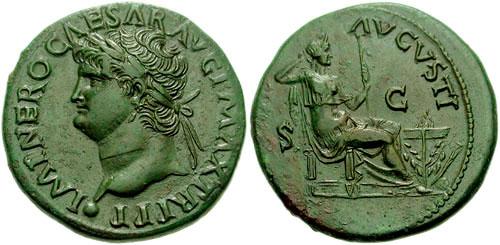
-
The coin below appears to be of Nero. I am unable to attribute it fully. Possibly dupondius 519 but the "C" of 'SC' does not match as it is too far right and 'low'. The image does not reflect the true color in hand. Trust someone may be able to help.
13.08 gr.
~28mm'
brass
IMP NERO CAESAR AVG P MAX TR PPP
SECVRITAS AVGVSTI
dark brown with yellowish devices


-
Just a quick thank you in this Free for All Forum. I have also responded to your reply in the World Coin Forum.
Best regards,
SRSNUM
-
Many thanks JLS for responding and finally attributing this silver coin in my collection. It has dodged my best efforts at identifying it. My weakness in identifying medieval coinage is on display as is my weakness in the area of Arabic related coinage.
Your supplying a reference work is most helpful too. Thanks again.
I still have hope that the copper coin may also be attributed. Perhaps another expert in this forum may have the knowledge.
Kindest regards,
SRSNUM
-
i HAVE TWO FOREIGN COINS IN MY COLLECTION THAT HAVE RESISTED MY ATTEMPTS AT ATTRIBUTION. ANY INFORMATION OR COMMENTS ABOUT THEM APPRECIATED.
SILVER COIN-DIAMETER 14 mm, WEIGHT 0.35 GRAMS. APPEARS EMBOSSED-RELIEF ON ONE SIDE, INCUSED ON THE BACK.
COPPER COIN-DIAMETER 22 mm, WEIGHT 16.32 GRAMS, THICKNESS ~5.0 mm. APPEARS TO HAVE A HORSE WITH BIRD ON IT'S BACK ON ONE SIDE AND ARABIC WRITING ON THE BACK.
PLEASE SEE DIGITAL IMAGES BELOW.
SRSNUM
-
-
Many thanks to Coinery and Colin G. for their clarifying comments.
-
In the previous post, several digital images of the obverse of the 1860 farthing in my collection were shown. Below is a duplicate of the "F:D:" image from the previous post. Is this image an example of the colon after "F:D"with the designation of 1 1/2 (1.5) stops?

The following cropped image is taken from the aboutfarthings site of the 1860 farthing. It is designated obverse 3 and is from the same area for comparison. Is this a full colon (2 stops)?

The following cropped image of an 1860 farthing is taken from the aboutfarthings site and is designated obverse 3a. Is this colon an example with designation 1 stop?

Comments much appreciated. srsnum
-
The last two images are from the aboutfarthings website. The balance of the images are the coin in my collection. Trust this makes my description clearer.
-
Trust
 the following is a better image of the 3b reverse of the 1860 farthing.
the following is a better image of the 3b reverse of the 1860 farthing.
-
The software supplied with my digital microscope allowed me to take the original digital images and crop them. The 'image size' command allowed further reduction in the number of kilobytes of each image. The total amounted to 485.62 K. Seems that the resolution proved adequate.
-
-
-
Below, find a description of the coin at hand as I see it in person.
1. THE FIRST '5' APPEARS TO BE REPUNCHED OR RE-ENGRAVED OVER ANOTHER '5'. THERE APPEARS TO BE A TINY RAISED LINE @ THE LOWER RIGHT OF THE LOWER LOOP OF THE '8'.
2. THE LAST '5' APPEARS TO BE REPUNCHED OVER A ZERO? OR PERHAPS ANOTHER NUMBER (4,7,8,9?) AS THERE ARE REMNANTS IN THE FORM OF RAISED LINES INSIDE AND OUTSIDE THE LOOP. THE LOOP OF LAST '5' IS ALSO SOMEWHAT MIS-SHAPEN WHEN COMPARED WITH FIRST '5'.
3. THERE IS A LARGE SPACE BETWEEN THE 'BALL OF THE LOOP AND THE UPRIGHT OF THE LAST '5'. THE RESULT IS A SMALLER UPRIGHT OF THE LAST '5' ABOUT 1/2 THE SIZE OF THE 'NORMAL' FIRST '5'. THIS ALSO RESULTS IN THE LOOP OF THE LAST '5' BEING DIS-CONNECTED FROM THE UPRIGHT AS THERE IS A SPACE BETWEEN THE END OF THE LOOP AND THE UPRIGHT.
4. AS OPPOSED TO THE ABOVE, THERE IS A SMALL SPACE BETWEEN THE BALL OF THE LOOP AND THE UPRIGHT IN THE “NORMAL” FIRST '5'.
Do members have this variety in their collections or recall seeing this variety or similar varieties of this type for the 1855 1/2 penny?
Any additional comments much appreciated.
SRS
-
-
-
Hi Raul,
Thank you for responding and for supplying the information about the coin's value. It is much appreciated.
Warm regards,
Steve
-
Please find digital scans of a Morocco 1/2 Dirham of Muhammed IV below. It appears to be dated AH 1286. It weighs 1.33 grams and is ~17X18mm in size. Close examination reveals indications of an undertype (i.e., struck on a previously struck coin NOT on a blank planchette) on both obverse and reverse.
It appears to be in fine condition or perhaps a bit better for its type. Parts of the inscription are not visible due perhaps to the undertype interfering with proper die pressure to fully bring up the relief.
I have been able to find an image of a similar item, but not been able to find a value for this item in any condition after considerable searching on the internet.
Might a member be able to provide a value for this item?
-
Here in Florida, these varieties are virtually ignored and as you say, no value is placed on them. Thanks copper123 for your comments!

-
Thank you Rob for your response and analysis. It is much appreciated.
SRS
-
Many thanks to all the members who gave their assessments and insights of the 1860 farthing I submitted for attribution. I now understand fully how to recognize the "real" item should I come across one in the future. As a follow-up (if it not too much trouble), please find in the attachments digital images of an 1862 farthing in my collection.
I perceive it to be an 1862 over 186 variety. I have not in my limited look at links on the internet been able to find this specific variety. Any insights or comments about the variety would be much appreciated.
Again, in order to facilitate a full attribution, an attempt to further describe the item can be found below:
The obverse appears to be sharply struck and to have full cartwheel effect boiling up from under virtually fully brown surfaces. Only the slightest hint of red may be found in the protected areas of the inscription. Evidence of Die clashing is evident at the right end of the Queen's dress extending upwards through the ribbon, continuing upwards through the bun at the back of the head and terminating below the 'R' in "BRITT". Additional clashing is noted as a raised line beginning at a point midway between the Queen's chin and neck, descending at a shallow angle to the left, then, curving downward steeply as two parallel lines before terminating above the bust. No digs, nicks, bumps or major scratches are noted. Detractions include light scattered hairlines on the face and at various places in the field--none very detracting. There are several small areas of encrustation to be noted--a small patch in front of the chin, 4 tiny spots at the back of the neck and two small irregular patches--one at the outer loop of the ribbon and one slightly below that and to the right.
The reverse is a uniform brown patina without evidence of mint red but with full cartwheel effect. It appears to be clashed above Britanniar's lap, at Brittaniar's right hand and upwards to right elbow. There appear to be light scattered flan flaws in the upper field. The date appears with obvious "doubled" '6' with the separation extending down to the top of the loop. The '8' also appears doubled--the first '8' seems upright, the second '8' tilted slightly CW. The result, an extra curved line at the right in the upper loop and two extended loops-one at lower right and the second at upper left. The first '1' appears to be upright with the second above the first and entered slightly CW.
I do not have further submissions at this time but hope to help other members attribute items in the future.
Thanks again and with best regards to all,
Steve Schor
-
I would appreciate the opinion of the members as to whether the coin pictured in the attached digital images is a genuine 1860 'large bead' toothed over beaded border mule. Below, I have described the item in some detail to help with attribution.
The obverse appears to be of the toothed type with 137 toothed denticles. The wreath appears to have 5 berries. A small area of corrosion appears in front of the bust below the neck of the Queen. Though not obvious from the digital scan, the coin "in person" shows full cartwheel effect with considerable mint red in the protected areas of the devices "BRITT:REG:F:D:" and "VICTORIA ". The lower stop on the last colon after the 'D' appears to be somewhat truncated. All other devices appear sharp and intact. The obverse field appears without evidence of die polishing.
The reverse appears to my eye to have a beaded border. There appears to be 133 beads. Although not apparent from the digital images, "in person" the reverse die appears to have been polished or wire brushed, as the entire field of the coin is replete with dozens of raised lines perpendicular to the exergue running vertically from rim to rim. The 'polishing' seems to have reduced the sharpness of the 'lighthouse' and the 'boulders' to the left of the lighthouse. The balance of the reverse appears to be sharp. The reverse maintains full cartwheel effect with just a hint of red in the 'H', 'N' and 'G' of "FARTHING". The one in the date is embedded in the inner circle and the zero in the date touches the inner circle. The 'T' in "FARTHING" is punched high and there appears to be two tiny die breaks or die gouges above the 'T' touching both the 'T' and the inner circle. Lastly, at the intersection of the exergue and the inner circle to the left of the date there appears to be a die break or gouge.
I trust this description along with the images may prove adequate for a full attribution. I can supply images with greater resolution upon request. Please email (see below) if you may have questions or comments.
Steve Schor
 Coinpublications.com
Coinpublications.com
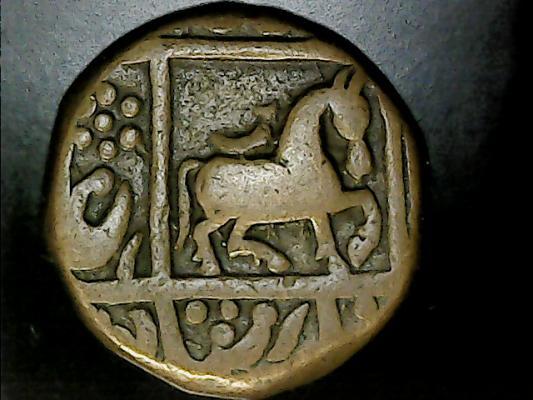

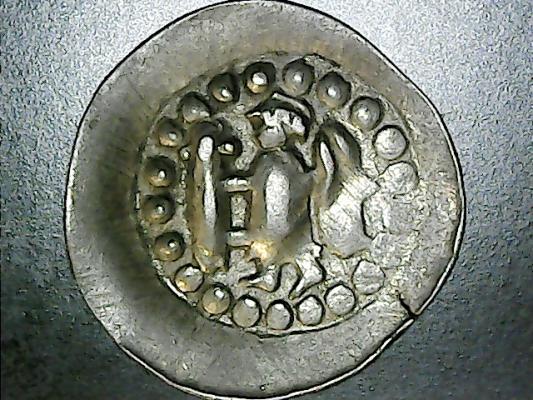
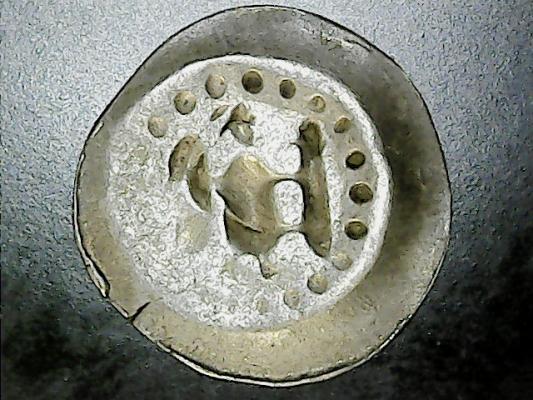
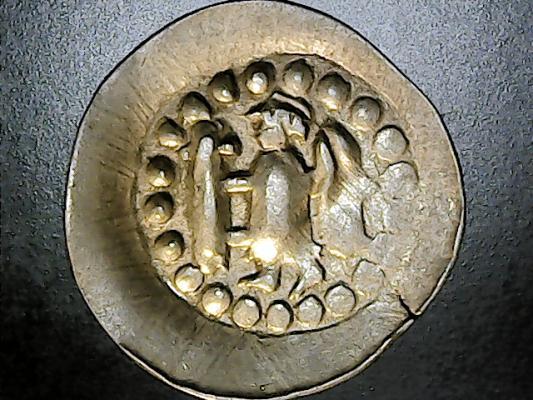
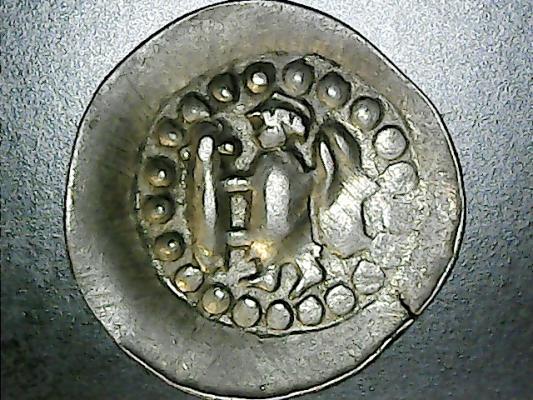
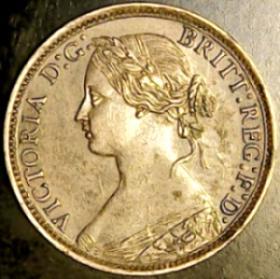

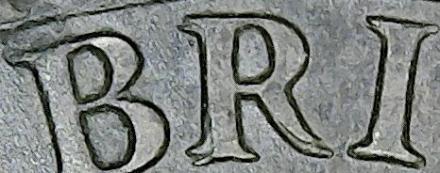
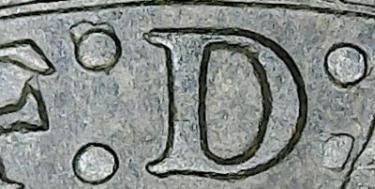
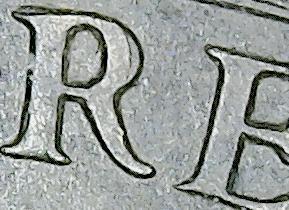
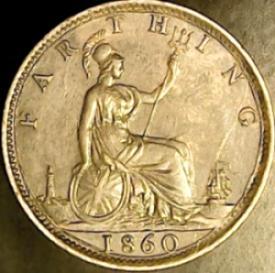
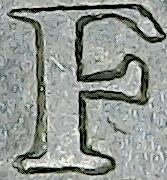
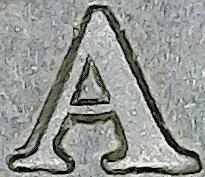
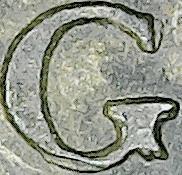
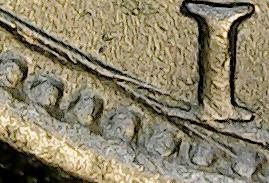
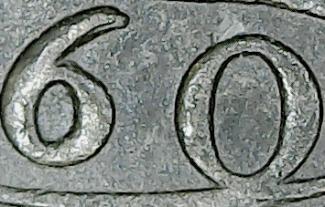
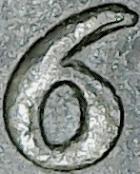
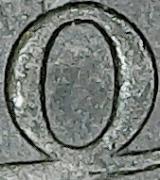
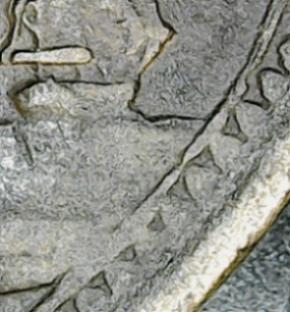
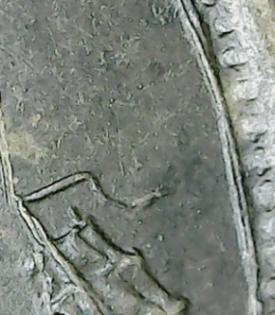
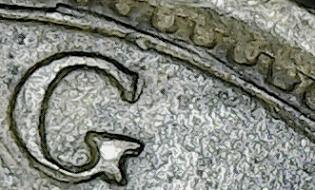
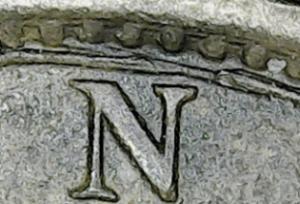
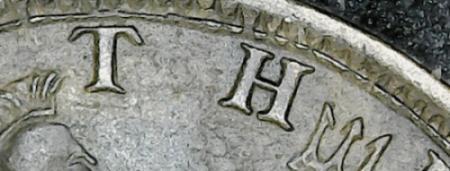

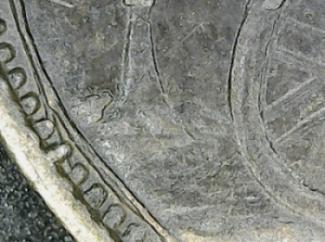
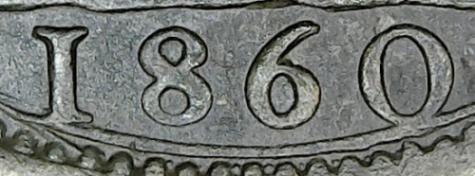

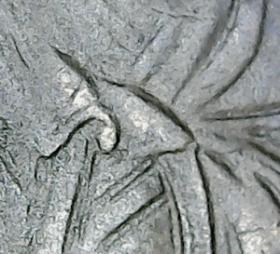
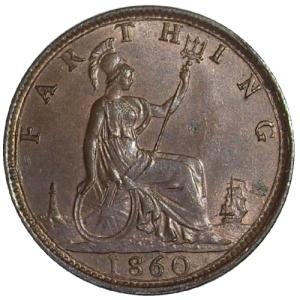
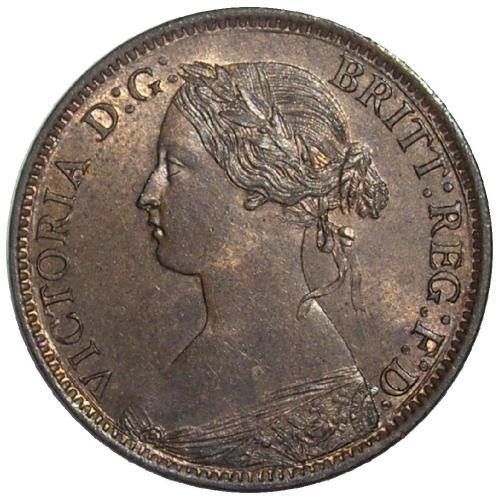

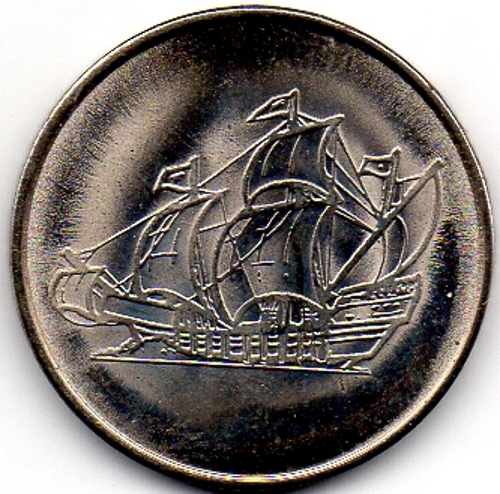
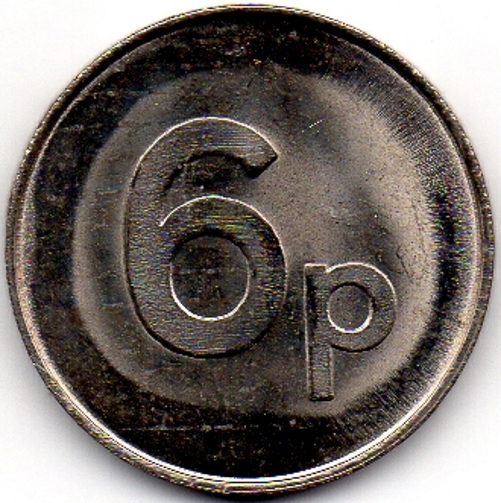
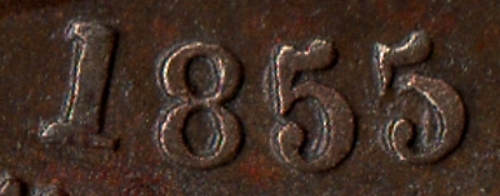
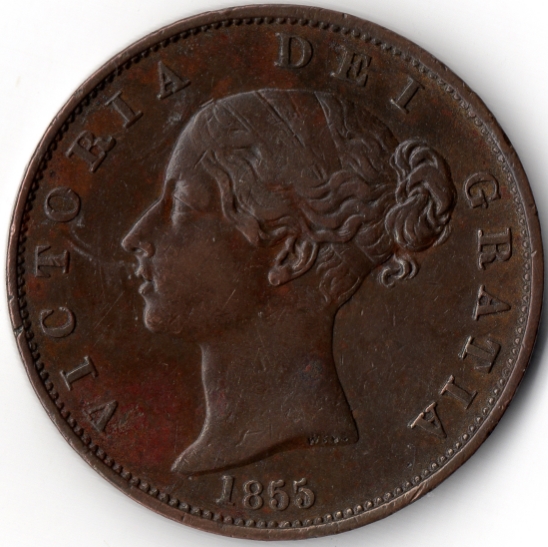


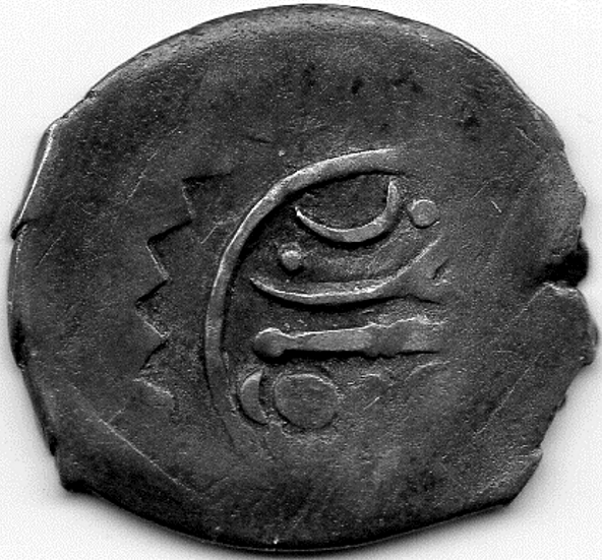

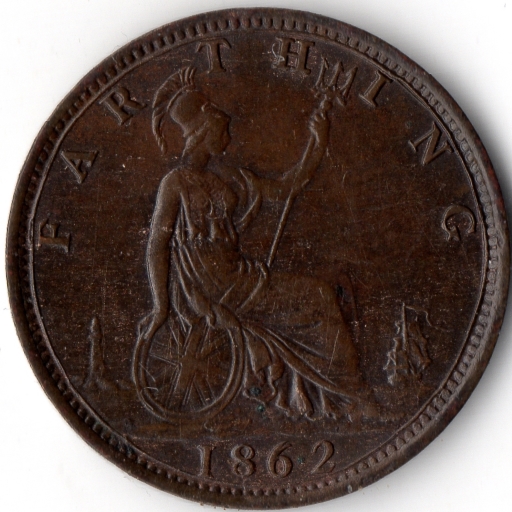



Nero coin
in Ancient Coins
Posted
Thanks to Rob & JLS. It appears I have a new die pairing and thus a new die variety of RIC 519 with 'C' below the Altar.